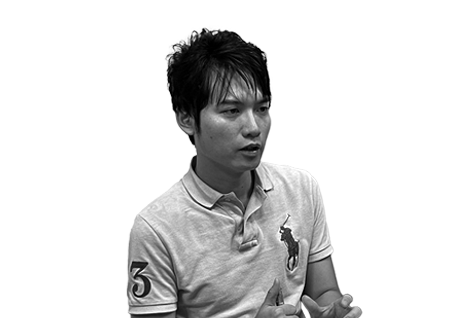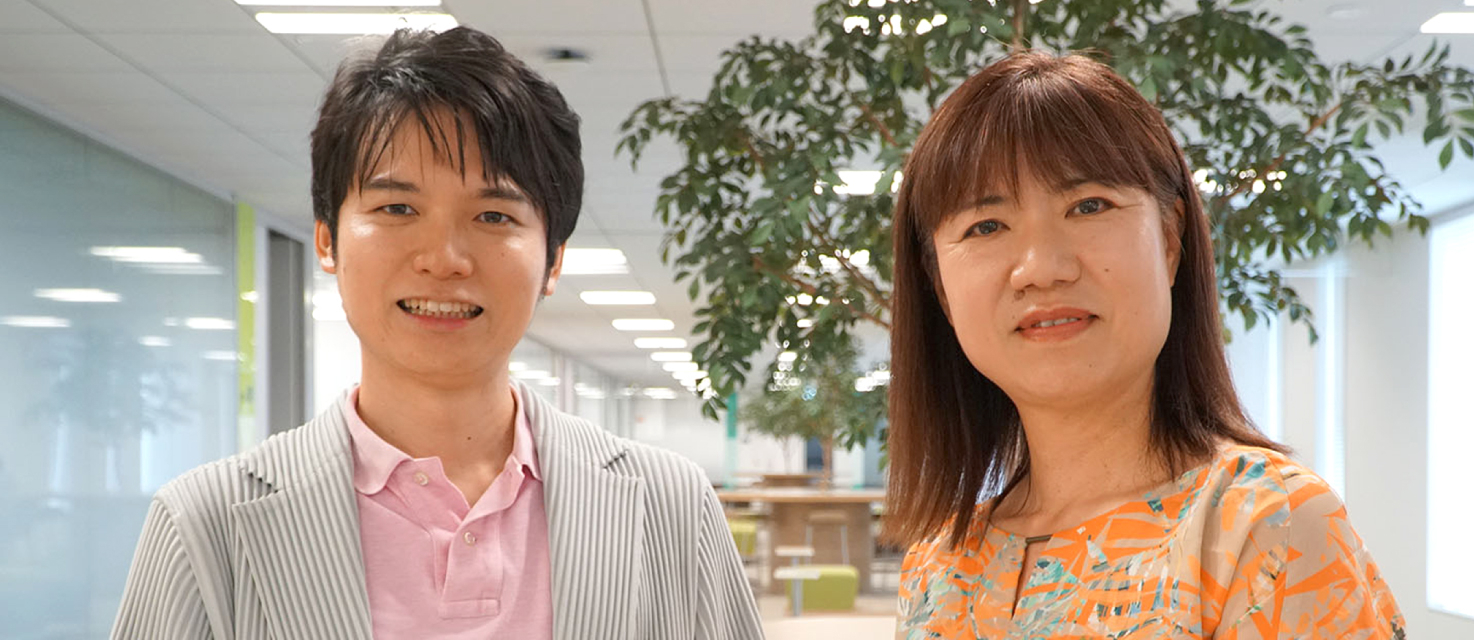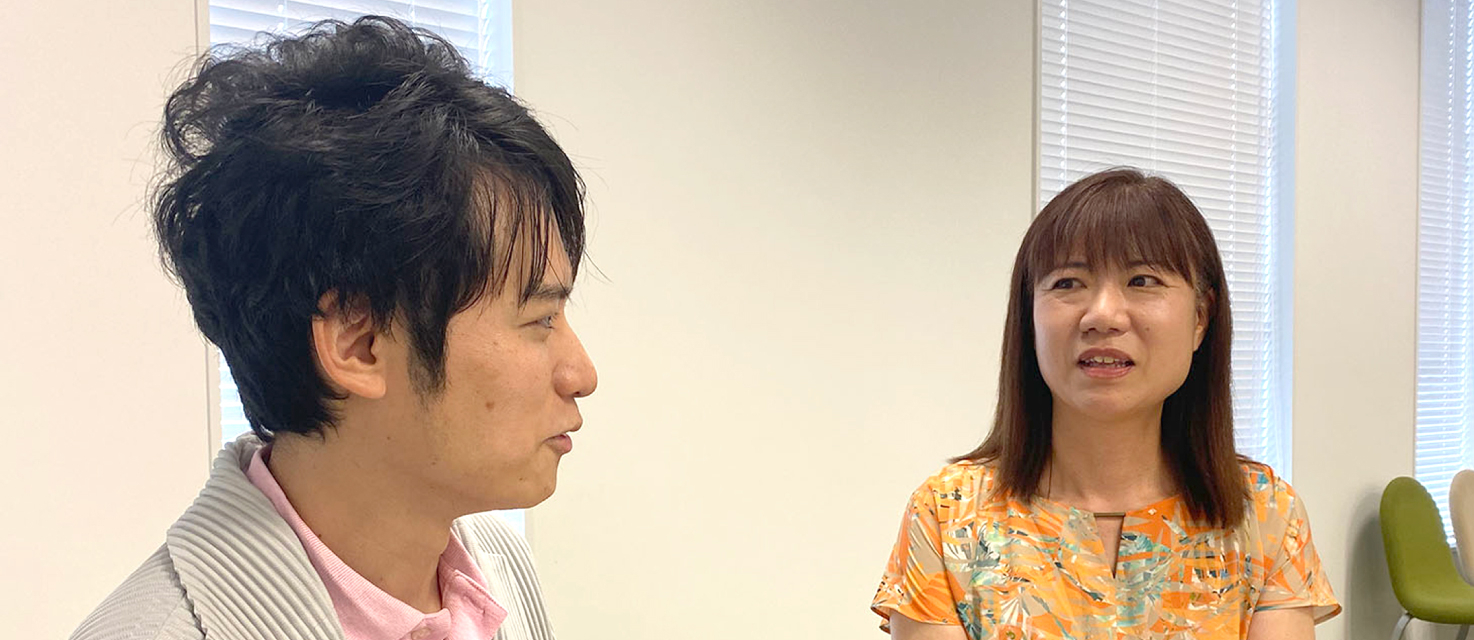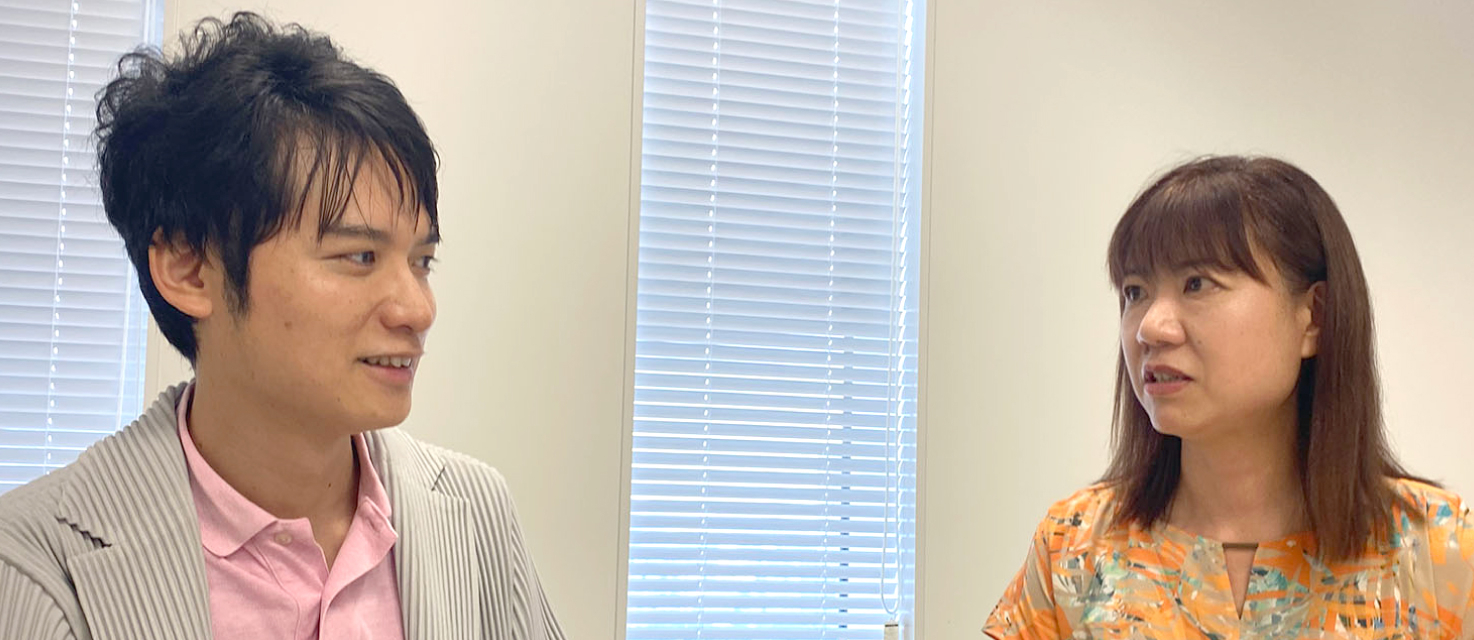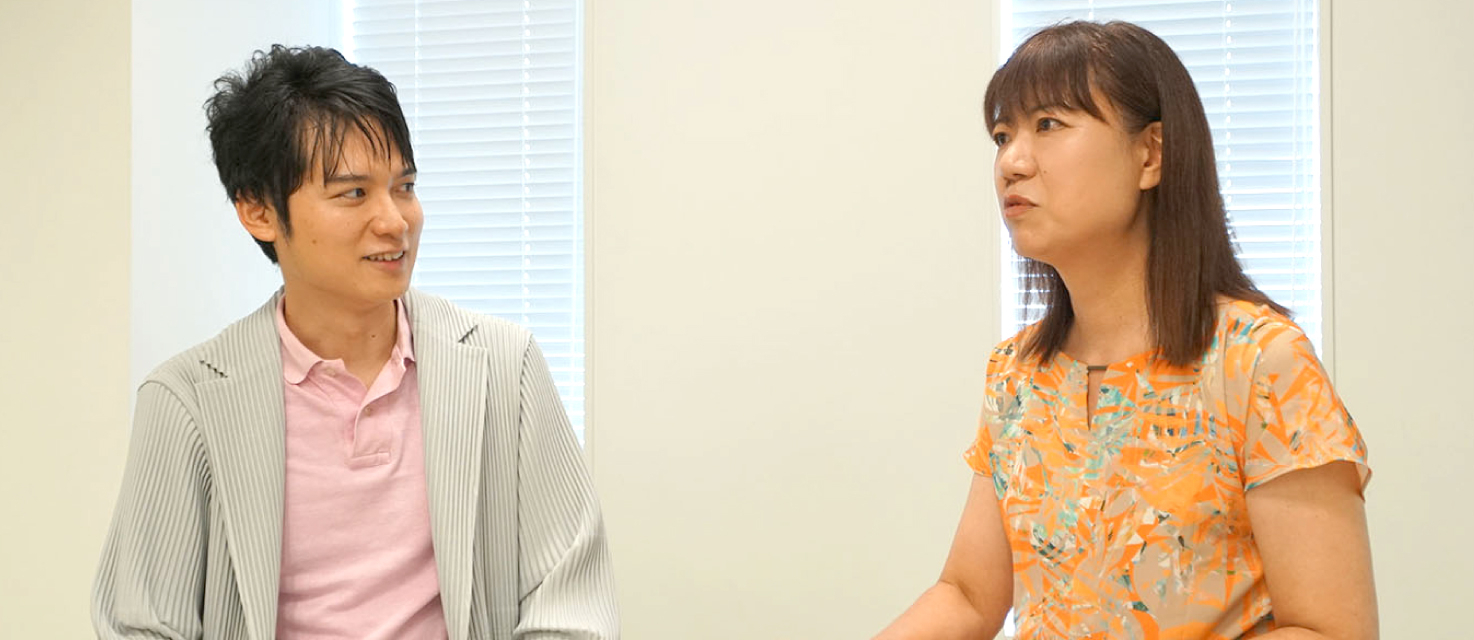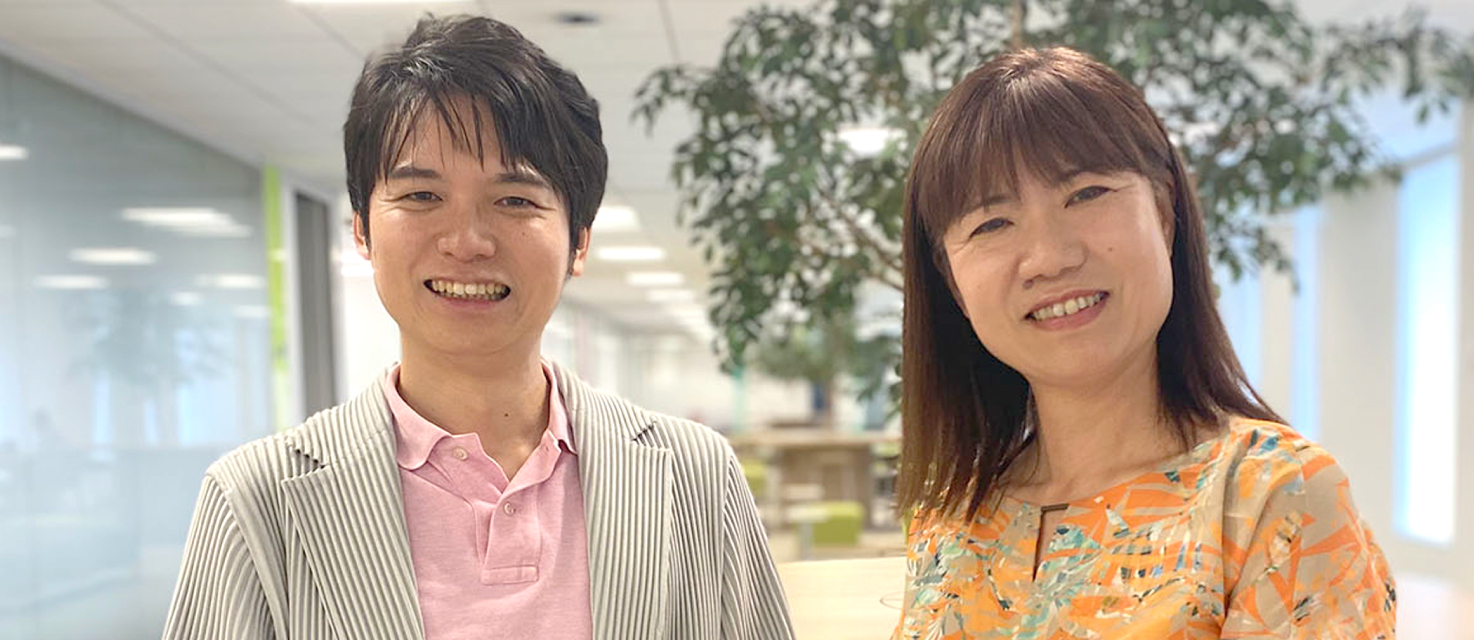The value of "Experience" through training
Magome Work descriptions are changing at a rapid pace. Five years from now, there will probably be very few people doing the same work as they are now. That makes it very difficult to invest time in training. The goal of the Hitachi Group is to foster talent that is resilient to change, with the competency to demonstrate high performance and motivation no matter what they are doing. In other words, talent who are able to take on challenges based on an understanding of the Hitachi Group's directions. As the corporate university responsible for talent development, we have put in place an environment where employees can acquire the knowledge and skills that they need at any given time. It has also become extremely important to provide employees with the opportunity to experience project simulations where they can apply what they have learned.
Furuya I agree that experience and opportunity are essential in changing competency and mindsets. As work descriptions change, the important thing is resiliency in the face of ambiguity. This means being able to accept uncertainty, and it is a skill that is required of all talent in any generation. Another important thing is not putting too much emphasis on "consistency." In Japan, consistency is often equated with sincerity, and in interviews, the company might ask you to talk about experiences going as far back as junior high school, but there is no need to talk about your career as a single unwavering story. Rather, the company should accept the fact that an individual is formed by a variety of ideas and experiences. The important thing is the ability to put into words what you want to experience right now, yourself, in this moment.
In terms of opportunities, you need to have a learning community. The results of international surveys indicate that Japanese adults lack learning, and one possible reason for this is that when Japanese people study, they often study alone, in isolation. To learn effectively, you need a community that learns together, in friendly competition moving toward the same goal. I believe that without this community, it's very difficult to study autonomously through e-learning. If self-directed learning is to succeed, it must begin with "heteronomous" learning; that is, learning influenced by outside forces. In other words, it's better to start with everyone participating together.
Magome That's a very helpful way of looking at it. You can acquire knowledge through books or e-learning, but that understanding is only based on that individual's perspective, so you can achieve deeper learning when you incorporate the perspectives of others.
You learn new things every day through your work, so if you are working in an environment where you can learn by watching how other people do things, then you can grow naturally as part of the company, and that makes the organization stronger. The goal of the Hitachi Academy is to make the Hitachi Group as a whole a strong organization, and our mission is not only to provide training, but to provide an environment where employees can grow. Of course, that environment includes tools, but it also includes activities to increase employees' awareness.
Furuya I agree. 100 years ago, innovations meant providing an environment where employees could learn organizational culture and work skills at the same time, but now, we need to change that approach. At one time, it was mainly men who went out to work and women took care of the household, so men could go away to attend overnight training or employee trips on their days off, but now, not everyone can participate in these company events on their days off. For many employees, the company is not the top priority in their lives.
There are five critical decision-making events during a person's working life. I call them the five major "life-career events." They are:
-Retirement
-Second jobs
-Relearning
-Long-term care
-The birth of a child
There is more than a 70% probability that you will face one of these life events while you are in your 20s, and many people are forced to make a major decision. When the number of choices increases and the time between these major events decreases, it creates a fundamental problem: Can the company provide enough growth opportunities to lead the employee to choose the company?
Magome Training is being fundamentally re-examined, based on the diversification of careers. In the past, entry-level hires spent a few months in training after they joined the company, and then continued to learn for the next two years through on-the-job training and other means. They would also undergo regular training for the next 5 to 6 years as part of their development. Moving forward, we are thinking about creating an environment where entry-level hires can learn what they need when they need it, along with opportunities for them to take on challenges and apply what they have learned.
Furuya The perspective of "creating opportunities" is extremely important. On-the-job training is left up to the front-line manager, but you have to maintain a perspective of the company creating these opportunities, without placing too much responsibility on the shoulders of the manager.
